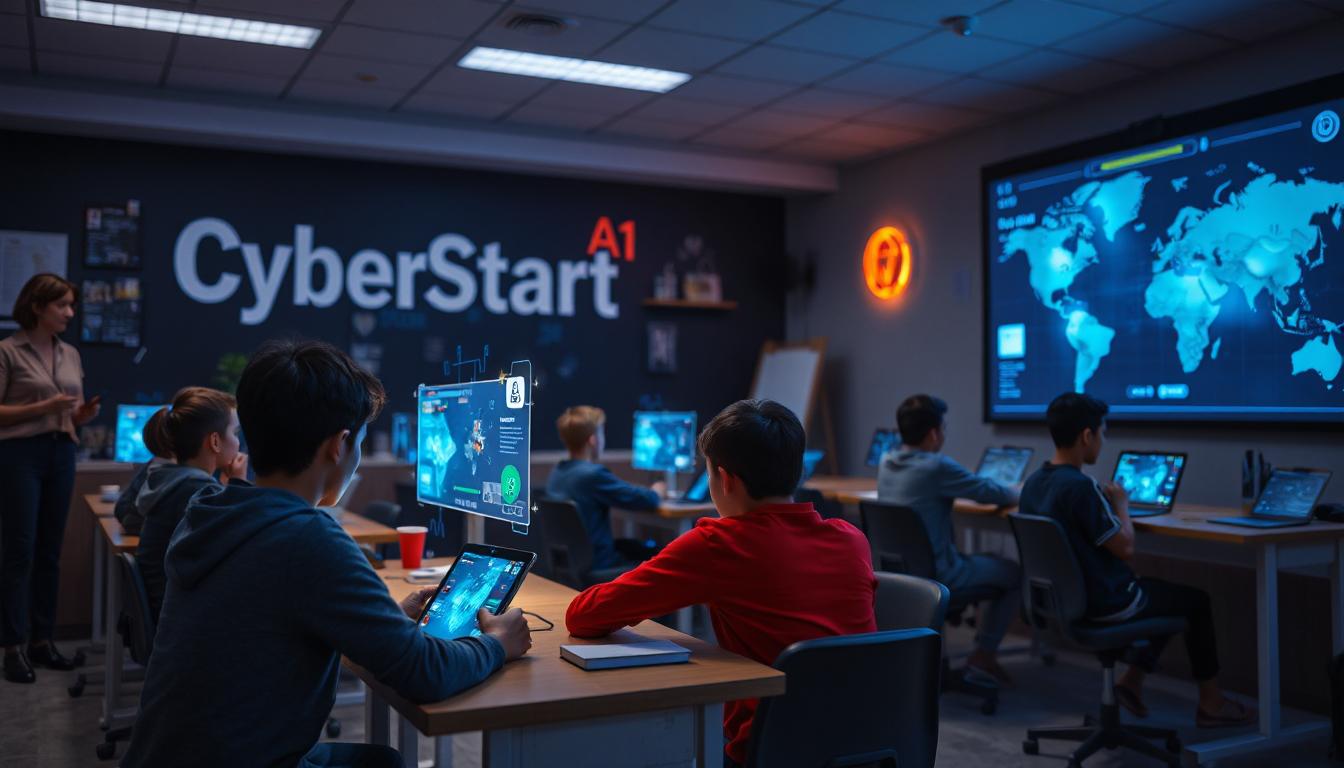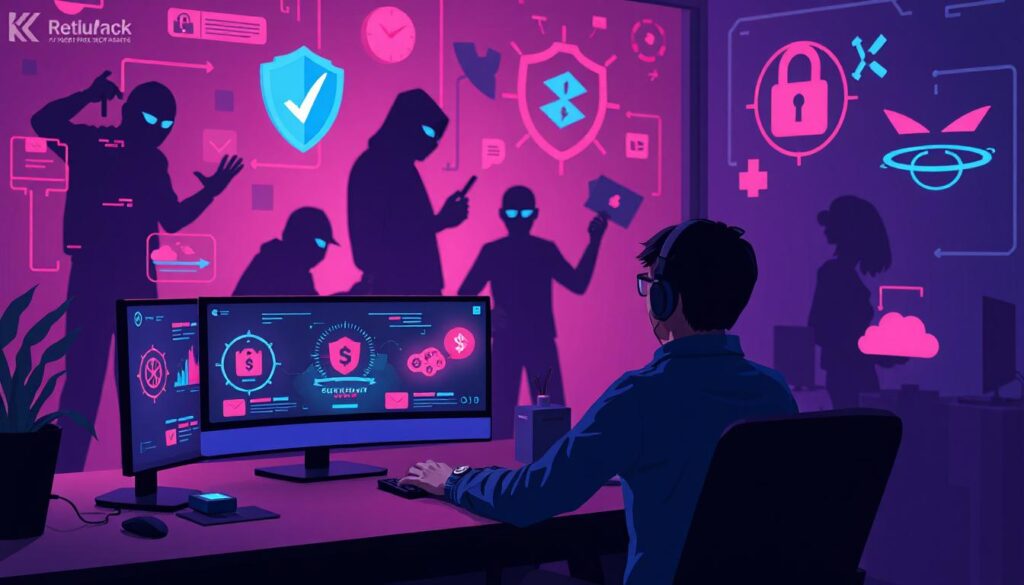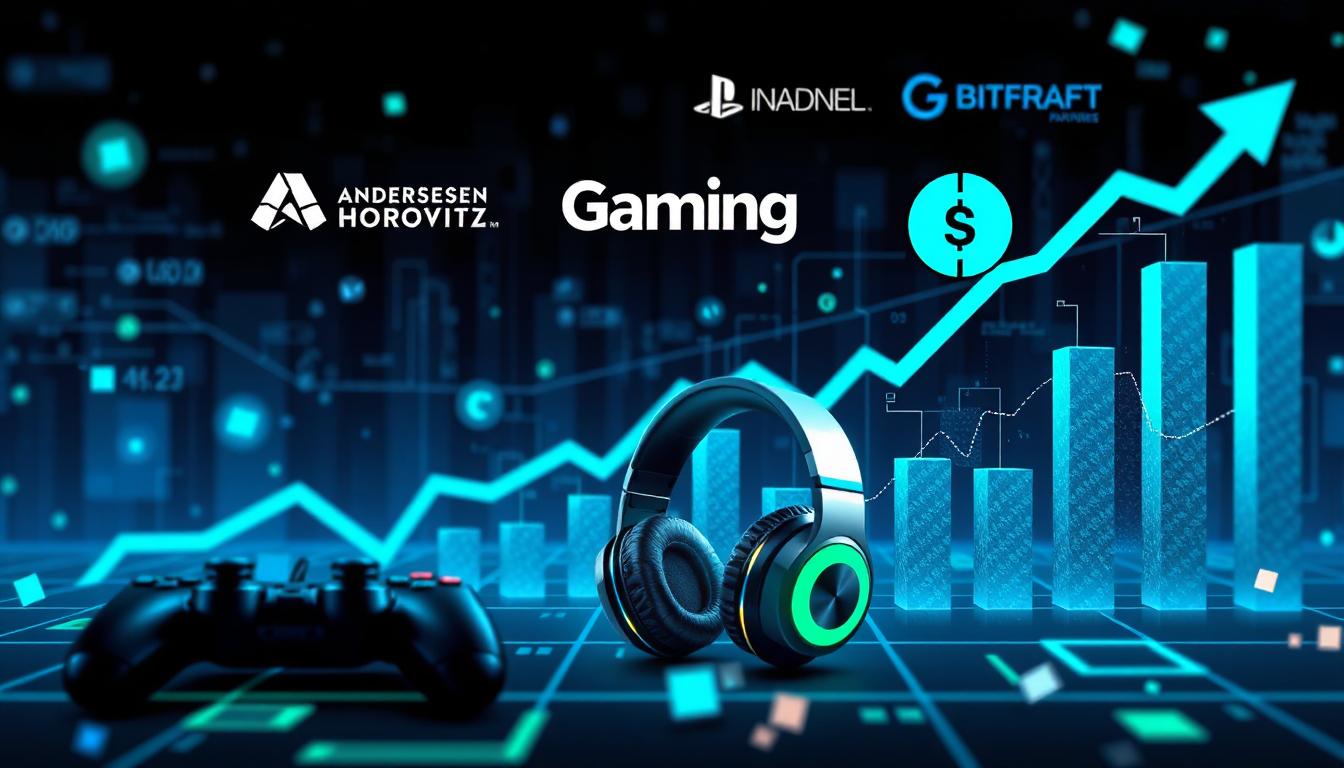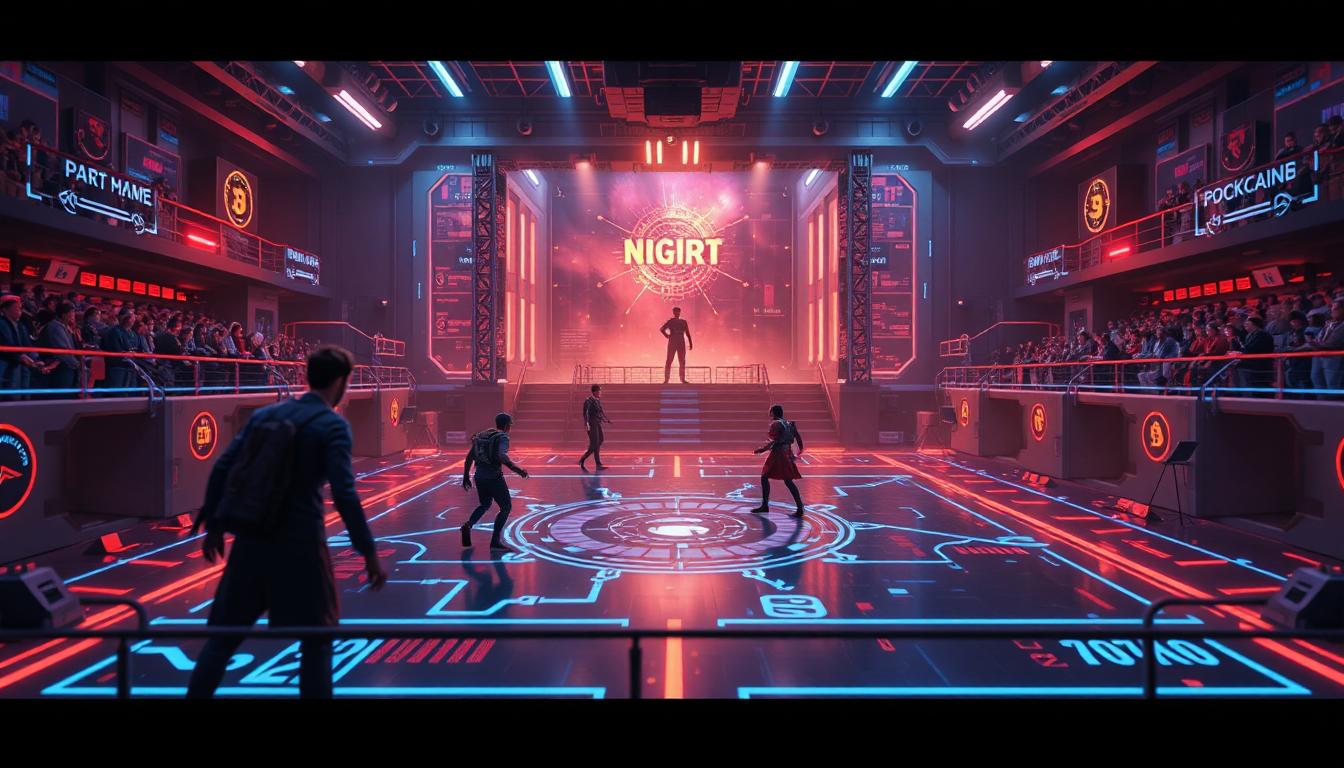
Cybersecurity Game: The Importance of Cyber Awareness
Introduction: The Rising Threats in Cybersecurity Games
The gaming industry is on the rise, but have you ever considered the cybersecurity in gaming threats that come with it? As the cyber platforms of gaming grow, hackers are learning how to prey on players and developers alike. Data breaches, phishing attacks, and even in-game fraud pose risks to cybersecurity in the gaming landscape. The more online gaming evolves, the more challenges arise. This article discusses these threats, real-life case studies, expert insights, and solutions that can help secure you in cybersecurity in gaming.
To get a sense of industry trends in the broader perspective, check out our article Game Industry Trends: A Comprehensive Outlook to 2025.
Cyber Security Games for Students: The Importance of Cyber Awareness
Gamifying cybersecurity in gaming for students There are several effective ways to combat the cyber threat, one of them is through cybersecurity in gaming specifically for students. These learning resources educate young gamers on cyber threats in an engaging format. There are cybersecurity-based games built by organizations like the National Initiative for Cybersecurity Education (NICE) to train students on how to deal with online threats.
Case Study: Cyber Awareness Training Through Games
According to a study conducted by the University of Maryland, more than 30% of college students do not know basic cybersecurity principles. “CyberStart” and “NSA Cyber Exercise” are games that help close this gap by simulating real-world hacking scenarios.
Cyber Security Game Online: Growing Threats in Multiplayer Games
Multiplayer games, with the increase of cyber security game online platforms, are highly targeted by cybercriminals. In 2023, the online gaming sector has faced damages of upwards of $2 billion as a result of fraud and data breaches. As Kaspersky Labs reports, 59% of gamers have encountered a cybersecurity incident at least once.
Case Study: The Apex Legends Hack
In 2021, hackers targeted Apex Legends, gaining access to servers and changing in-game messages to calls for better security. This attack revealed vulnerabilities. In 2021, hackers targeted Apex Legends, gaining access to servers and changing in-game messages to calls for better security. This attack revealed vulnerabilities in EA’s server defenses. Within EA, however, it later recognized that more than 780,000 player accounts were impacted by phishing attacks, highlighting the importance of robust cybersecurity in gaming.
Cybersecurity Games for Kids: Teaching Online Safety Early
It is central to teaching children cybersecurity. Children can better understand online threats in an entertaining way through kids’ cybersecurity games such as “Interland” by Google and “Cyber Detective.”
The Need for Early Cybersecurity Education
In a 2022 report, the Federal Trade Commission (FTC) found that 42% of identity theft victims were underage people who did not know they had shared their data online. This emphasizes the importance of cybersecurity education from an early age.
Types of Cyber Security in Gaming: Protecting Players and Developers
Gaming companies employ multiple types of cybersecurity in gaming to safeguard players.
- Data Encryption: Keeps personal data safe from the reach of hackers.
- Two-factor authentication (2FA): An additional security measure.
- Hack Protection Software: Multiplayer Game Hacking Prevention
- DDoS Protection: For protection against serving attacking
- Case Study: Riot Games Security Practices
For example, in the game Valorant, created by Riot Games, the company released a very aggressive anti-cheat known as “Vanguard.” Despite privacy concerns and controversies, this system has been able to reduce the incidents of cheating by 60% since it was launched.
The Business of Cybersecurity in Gaming
The rise in cyberattacks left gaming companies no choice but to invest heavily in cybersecurity in gaming solutions. Statista lists the global gaming cybersecurity in the gaming market value at $3 billion for 2022 and projects it at $6.5 billion come 2026.
Case Study: Sony’s Data Breach
In 2011, Sony’s PlayStation Network (PSN) was compromised, and the personal data of 77 million users was exposed. (The company was also hit with a $171 million lawsuit and had to revamp its entire security infrastructure.)
Importance of Local Games: How Regional Games Are Affected by Cyber Threats
Local games in cyberspace are often overlooked. Indie developers typically aren’t equipped with high-tier security layers, making them vulnerable to cybercriminals.
Case Study: Attack on an Indie Developer
In 2023, a small game studio in Brazil was hit by a ransomware attack, locking developers out of their very own game servers. The hackers wanted $50,000 in Bitcoin, leading to the studio’s closing down its operations for more than two months.

Expert Opinions on Cybersecurity in Gaming
- John Carmack (Former CTO, Oculus)
“As gaming moves further into the cloud, so must cybersecurity keep pace. “We need better encryption and AI security solutions in the industry.”
- Phil Spencer (CEO, Xbox)
“For us, the priority is player safety. We are deploying AI-based moderation tools to protect players against fraud and harassment.’
- Elon Musk (CEO, Tesla & SpaceX)
“The metaverse and gaming will provide major targets for cybercriminals. The companies should focus on decentralized safety systems.
Future Solutions: Strengthening Cybersecurity in Gaming
To protect against these threats, gaming companies and players need to take the following proactive measures:
- Enhanced AI Security: AI security solutions can avoid the risk of cyber threats at the earliest.
- Decentralized Security: Blockchain technology can secure player transactions.
- Improved Regulations: External pressure would be governments, which should make stricter cyber security policies for gaming platforms.
- Cybersecurity Awareness Campaigns: Companies need to educate players about common threats and safe gaming practices
Conclusion: The Future of Cybersecurity in Gaming
With the growth of the gaming industry, the threats also expand. Gaming players, developers, and companies need to improve their security mechanisms to outpace cybercriminals. Be it cybersecurity in gaming games for students or protecting cybersecurity in gaming online platforms, raising awareness and proactively tackling the issue is the key. However, the gaming industry can flourish with player safety as long as cybersecurity in gaming is educated in the industry and invested in.
Q&A Section
Q1: What is the most significant cyber security threat in online gaming?
A1: The primary threats typically consist of data breaches, phishing scams, in-game fraud, and DDoS attacks.
Q2: What can players do to shield themselves from cyber threats?
A2: Players should always use two-factor authentication, never share any of their personal information and always use strong passwords.
Q3: Do you think game developers are doing enough when it comes to improving cybersecurity?
A3: Luckily, the big-time developers have strong security implementations, but a lot of smaller studios are still vulnerable to cyber threats due to limited resources.
Sources:
University of Maryland Cybersecurity Study, EA Security Report, FTC Report on Cybersecurity, Riot Games Cybersecurity Report, Sony Data Breach Report, Cybersecurity News Report,
Meta Description:
Discover the biggest cybersecurity challenges in gaming, real-life case studies, and expert insights on how to protect players and developers from cyber threats.


